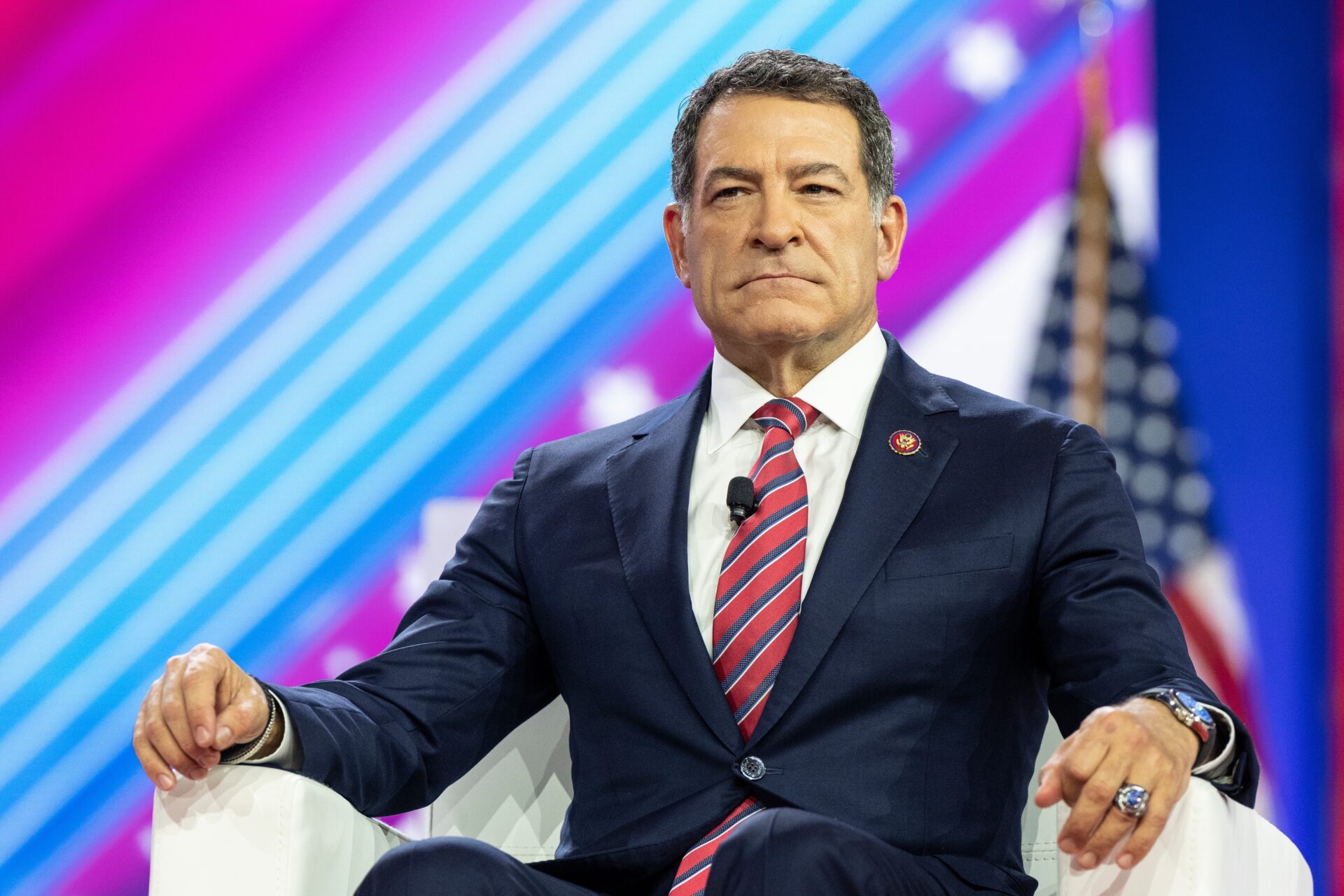
Homeland Security POWER STRUGGLE Starts!
Rep. Mark Green’s abrupt resignation ignites a GOP leadership battle with national security and border policy hanging in the balance.
At a Glance
- Rep. Mark Green resigned from Congress effective July 20, 2025.
- The House Homeland Security Committee chair is now vacant.
- Four Republicans—Clay Higgins, Andrew Garbarino, Michael Guest, and Carlos Giménez—are competing for the role.
- The GOP Steering Committee will decide on July 21, 2025.
- The committee oversees border security, immigration enforcement, and cybersecurity.
A Vacuum in a Volatile Moment
With Rep. Mark Green’s sudden exit, the House Homeland Security Committee stands leaderless at a time when border security dominates Republican priorities. Green, who served four terms and was renowned for his focus on both border enforcement and cybersecurity, departed citing a lucrative private-sector offer. His resignation followed swiftly after the enactment of President Trump’s sweeping domestic agenda, creating an urgent leadership void with significant legislative implications.
The Republican Steering Committee faces a consequential choice on July 21, 2025. With Republicans clinging to a slim House majority, the chairmanship is not just about committee leadership but about the GOP’s national security narrative ahead of the 2026 midterms. The decision will likely steer the party’s approach to immigration, cybersecurity, and homeland threats, further coloring an already divided caucus split between hardliners and moderates.
Watch a report: “Congress Crawls Toward August” – YouTube
Contenders and Consequences
The contest features four Republican lawmakers with contrasting visions:
- Clay Higgins (LA), a Freedom Caucus member, is campaigning on his law enforcement and military credentials, promising uncompromising border control measures.
- Andrew Garbarino (NY) appeals to centrists, emphasizing counterterrorism and fiscal discipline, critical in swing districts.
- Michael Guest (MS), chair of the Border Security Subcommittee, is the continuity candidate with a strong record on deportations and enforcement.
- Carlos Giménez (FL), a Cuban-American pragmatist, highlights legislative collaboration and anti-communist vigilance.
Each candidate represents a distinct GOP faction, with Higgins and Guest signaling a hardline stance while Garbarino and Giménez suggest a broader, security-focused agenda that could foster bipartisan efforts.
Shaping the Future of Security
The outcome of this race will directly influence America’s handling of border crises, immigration policy, and domestic security threats. The committee, pivotal in overseeing the Department of Homeland Security, is at the crossroads of key national debates—from asylum protocols to technological defenses against cyberattacks.
Green’s absence also raises concerns within the cybersecurity sector, where his leadership had previously secured legislative momentum. Without a clear champion, this policy area risks being overshadowed by the intense focus on border enforcement, potentially leaving vulnerabilities in the nation’s digital defenses.
As the Republican Party navigates internal factionalism, the Homeland Security Committee’s next chair will not only reflect the GOP’s evolving identity but also shape the strategic direction of U.S. national security policy for years to come.


